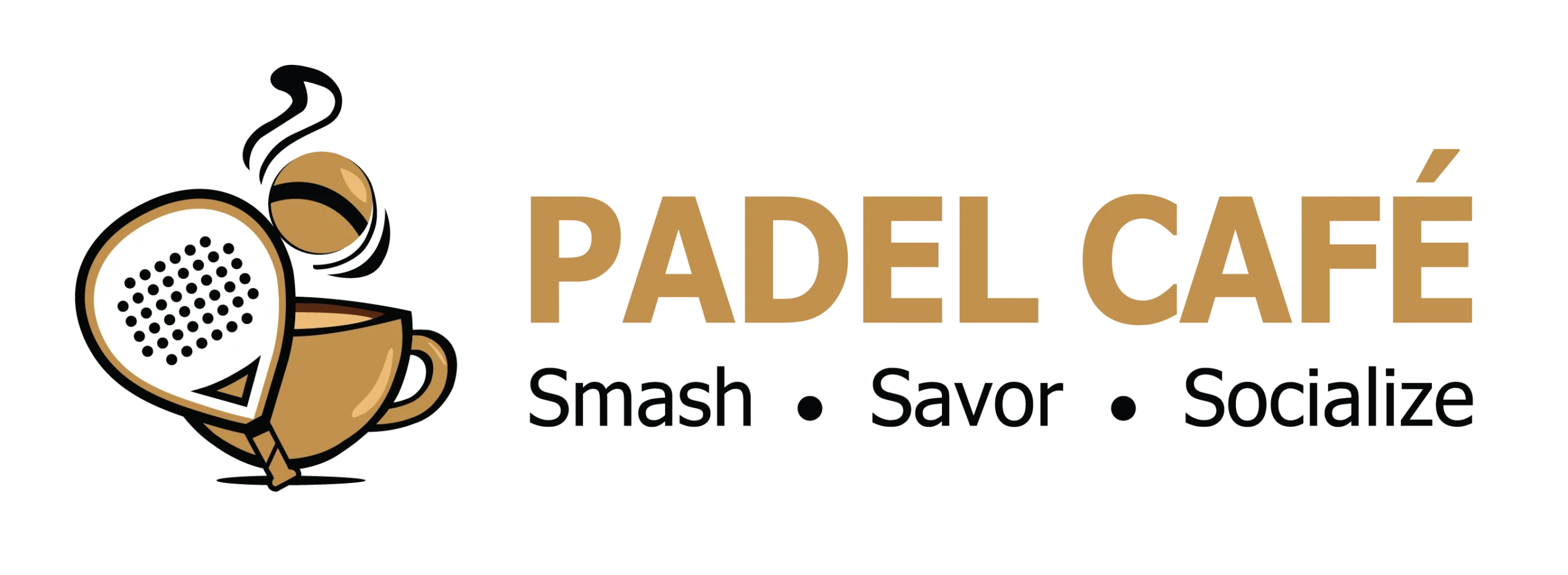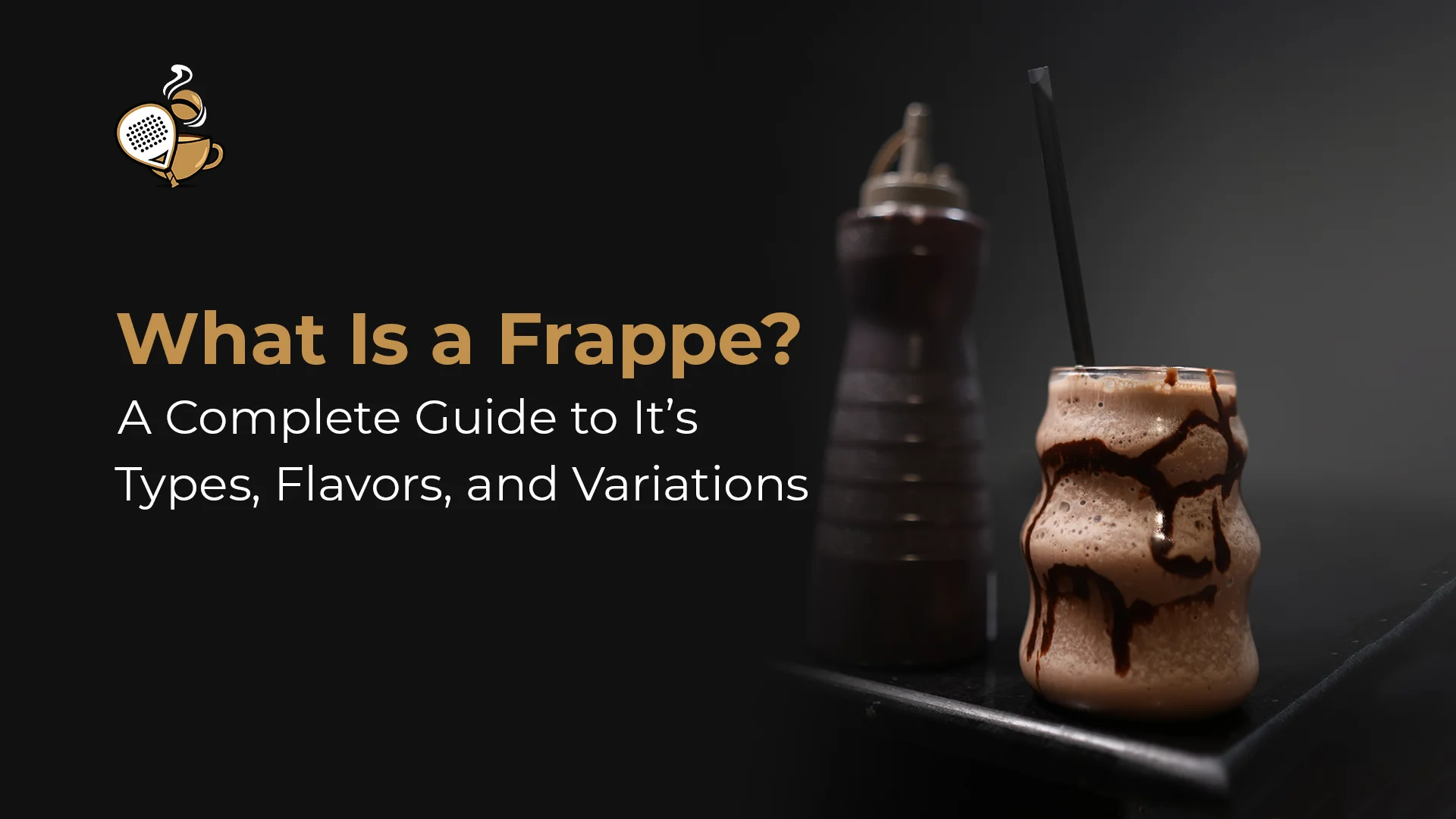Picture this: you’re sitting peacefully in your home one fine summer afternoon, when suddenly your coffee craving kicks in. But instead of something warm, your palate demands an icy, creamy sip that instantly gives you a cool and refreshing hit.
That’s when the frappe takes the lead. With its origin rooted in Greece, this frothy blend of coffee, ice, and milk has evolved into a global sensation with endless twists. A frappe is all about refreshing, playful, and endlessly adaptable — a little frothy adventure in a glass.
Now, presently, according to Statista, the revenue of the global Coffee Market has amounted to US$485.59bn in 2025. These numbers suggest how successfully the coffee scene is flourishing across the globe. And let’s not deny the fact, coffee is a prominent element of frappe also.
So, in this guide, we’ll dive deep into the world of frappe and uncover why it continues to be the go-to coffee drink in summer for coffee lovers around the world.
Frappe: Understanding the Basics
Frappe is not just a coffee drink – it’s more than that!
True, commonly considered a coffee-based drink, a frappe is any cold, blended, or shaken beverage. However, the popular versions, like the classic Greek frappé, traditionally contain coffee, typically served over ice, often with milk, sweetener, or flavorings.
The hallmark: a thick, frothy top and a chilled, smooth body.
As we talk about frappe, we come across two more terms:
- Frappe Powder: It is a pre-mixed blend containing flavoring, sweetness, and emulsifiers that make a smooth, creamy drink when blended with milk (or a dairy alternative) and ice. Some contain coffee; others are purely flavored bases like vanilla or mocha.
- A Frappe Base: This one is a neutral powder that provides body and texture without flavor. Baristas use it to build custom drinks by adding coffee, chocolate, or fruit syrups for creative signature blends.
Frappuccinos, Frappes, Chillers, and Coolers: Key Difference
Now, when we talk about frappe, it’s important to talk about frappuccinos. And since frappes can be “any cold frothy drink,” then we have to know what brings the major difference between them all.
They’re all frozen, blended drinks with icy textures and creamy flavors — the main difference lies in branding and ingredients.
- “Frappuccino” is Starbucks’ trademarked name for its coffee-based frappes.
- “Chillers” and “coolers” are general terms used by cafés for non-coffee versions, like fruit or chocolate blends.
Essentially, all belong to the same family of frosty indulgences meant to refresh and energize.
Basic Recipe
Although frappe variations exist, the following is a recipe for a basic frappe:
| Ingredients | Instructions |
| Brew a strong coffee or espresso and chill it or use pre-made cold coffee. |
| In a blender, combine chilled coffee, ice cubes, milk, and sugar (plus any flavored syrup if used). |
| Blend until smooth and frothy — aim for a light foam on top. |
| Pour into a tall glass and serve immediately. |
| Top with whipped cream or a drizzle of syrup if desired. |
Customization Ideas
- Use flavored syrups (vanilla, caramel, hazelnut) to change the taste.
- Use milk alternatives (soy, almond, oat) if you prefer non-dairy.
- For a thicker, richer texture: add heavier cream or freeze coffee into ice cubes to avoid dilution.
Tips for Better Results
- Use enough ice so the drink is thick rather than watery.
- Blend or whisk until you see a good foam or slush texture.
- If you like it sweeter, add syrup or sugar—but taste before.
- Experiment with milk alternatives if you prefer non-dairy.
- For fruit frappes, skip coffee, use fruit purée and milk or cream base.
Modern Frappe Types & Variations Around the World
For any food or beverage, the traditional recipe prevails, but people are always keen on something new. Hence, they add new ingredients and make several variations of the same classical recipe. The same happened with Frappe. Let’s have a look at the modern frappe variations that are now enjoyed in the best coffee places across the globe:
1. Coffee-Based Frappes
These beverages often use espresso or brewed coffee, milk, ice, and flavored syrups. Mocha, caramel, and vanilla lattes are different styles of coffee-based frappe. Many chains of the best cafés in Lahore and worldwide list the following as flavor options:
- vanilla bean
- caramel ribbon crunch
- mocha cookie crumble
- pumpkin spice
2. Coffee-Light or Coffee-Free Frappes
These skip the strong coffee base (or use very mild coffee) and focus more on flavor and texture: vanilla bean creme, strawberries and cream, and chocolate creme frappes are some popular varieties.
3. Homemade & DIY Frappes
At home, drinks bloggers show how instant coffee frappes (the Greek way) or blended versions with milk, ice cream, or fruit can be created in minutes.
4. Vegan & Dairy-Free Frappes
This is a frappe variety that is gradually growing in demand. These frappes are made with plant-based milks (almond, oat, soy) and non-dairy bases, optionally without coffee. Such a drink is ideal for catering to those avoiding dairy but still craving texture and chill.
Besides these, we also have some specialty varieties in the frappe range. These include:
Dessert-Style & Indulgent Frappes: Think of these as frappe-meets-treat. The traditional drink is packed with delicious flavors and whipped cream and ice cream toppings. The flavors include:
- Chocolate-peanut-butter
- White chocolate
- Hazelnut-spread
- Cookie-crumb
- Nutella blended
Regional Adaptations: In Cyprus and elsewhere, you might find a frappe with added milk instead of water (and sometimes with ice cream or even liqueur in beach bars!).
All of these demonstrate the flexibility of the “frappe” idea: chilled, frothy drink + flavor + fun.
Popular Flavors to Try
With so many different existing variations of a frappe, why not try some different flavors as well. So, here are some of the most well-loved flavors you’ll come across. Each flavor brings its own vibe—bold, creamy, or fruity—to suit every palate.
- Mocha Frappe: A rich mix of coffee and chocolate, blended with ice and topped with whipped cream for a dessert-like treat.
- Caramel Frappe: Sweet, buttery caramel syrup swirled with espresso and milk, offering a creamy, indulgent flavor.
- Vanilla Bean Frappe: Smooth and mellow, often made with a vanilla ice-cream-style base and little to no coffee for a lighter taste.
- Matcha Green Tea Frappe: Uses green tea powder instead of coffee, creating a vibrant, earthy drink packed with antioxidants.
- Fruit-Based Frappe: Made with mango, strawberry, or mixed berry purée, delivering a refreshing tropical or fruity twist.
- Chocolate or Cookies & Cream Frappe: Perfect for sweet lovers, blending crushed cookies or chocolate syrup into the icy mix.
- Seasonal Specials: Limited-edition flavors like Pumpkin Spice, Peppermint Mocha, or Coconut Blueberry add festive variety.
The Last Sip
In an era where coffee culture is global and creative, the frappe stands out because it blends three things so well: fun, refreshment, and customization. The drink’s appeal is simple: it tastes good, feels cool, and you had a part in shaping it (by choosing flavor, milk versus water, and toppings). That’s the reason a frappe is a part of every menu in almost all the cafes and coffee places.
The drink now features a range of variations worldwide. But its future remains tied to you: your preference. So next time you see “frappe” on the menu, you’ll know it’s more than just a cold drink. It’s a canvas for flavor, texture, and chill. Pick your base, pick your flavor, pick your vibe—and enjoy that frothy adventure.
Frequently Asked Questions
What is the difference between a frappe and an iced coffee?
A frappe is blended or shaken with ice and often topped with foam or whipped cream, while iced coffee is simply brewed cold or chilled over ice.
Does a frappe always contain coffee?
No. While many frappes include coffee or espresso, there are fruit or cream-based versions without coffee, offering a similar texture and chill but a different flavor profile.
Can I make a frappe at home without a blender?
Yes. The traditional Greek method uses instant coffee, water, sugar and ice whipped by hand or a frothier—no full blender required—yielding foam-topped iced coffee.




0 Comments